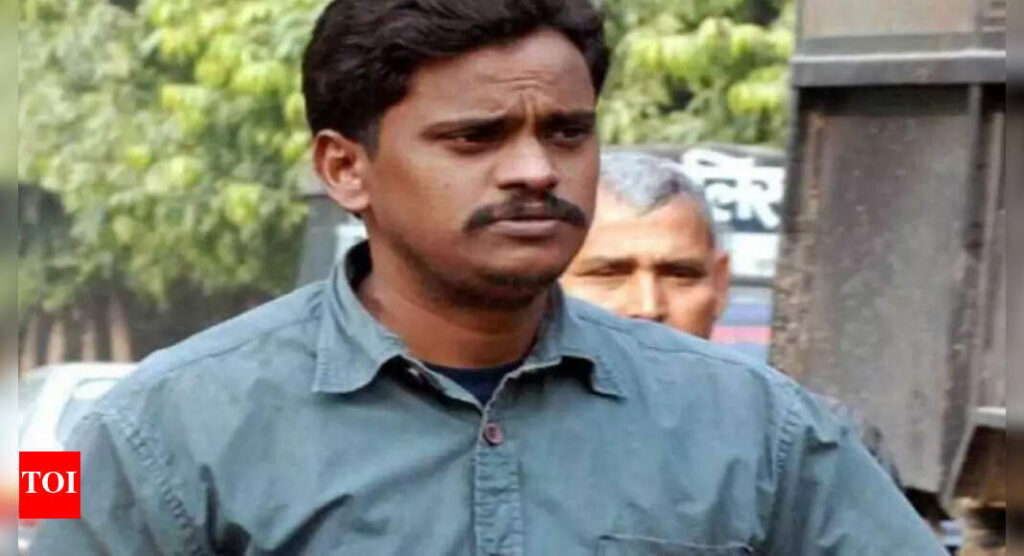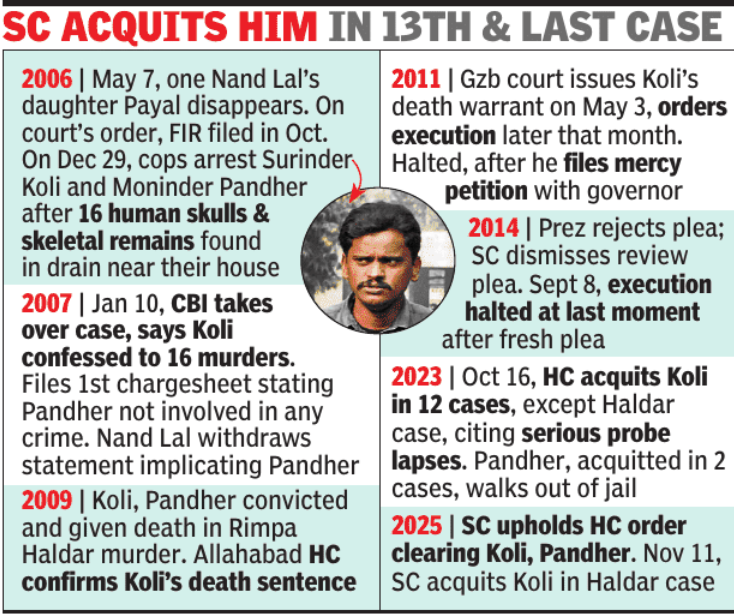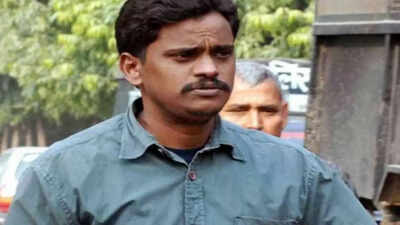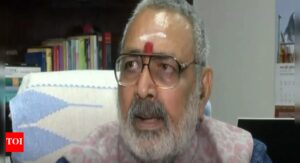How Nithari cases fell flat in court: Why HC overturned Surinder Koli’s death sentences | Delhi News

NEW DELHI: In one of the most remarkable turnarounds in Indian legal history, Surinder Koli — accused in the 2006 Nithari serial killings and sentenced to death in 13 cases — is set to walk free after spending 19 years in prison and narrowly escaping execution twice.Koli, whose conviction and death sentence were upheld by the trial court, Allahabad High Court, and Supreme Court, finally received relief on Tuesday after the apex court allowed his curative petition in the last pending case. A curative petition represents the final judicial remedy available to an accused seeking justice.
A bench comprising Chief Justice B.R. Gavai and Justices Surya Kant and Vikram Nath granted relief to Koli in the Rimpa Haldar murder case, observing that the evidence deemed inadmissible in 12 other acquitted cases was the same as that used to convict him in this one.How it started May 2006 | Payal alias Deepika (22), daughter of Nand Lal, went missing after being called to Moninder Singh Pandher’s bungalow (D5, Sector 31, Noida) by his domestic helper Surinder Koli, apparently to discuss a job for her brother. FIR was registered in Oct. Police claimed Koli had called Payal from a phone booth on May 6. Koli and Pandher were arrested on Dec 29, 2006, after body parts were recovered from the drain behind D5. CBI took over on Jan 10, 2007, bringing more cases of missing persons in Nithari and other areas within the case ambit What CBI said in its chargesheet
- Koli suffered from perverse sexual urges. When alone, he lured young girls and women into the bungalow, strangled them, raped them, dismembered the bodies in an upstairs bathroom, and dumped the remains in drains behind the house. In some cases, he would eat the flesh of the victims
- Between Feb 2005 and March 6, Koli raped and murdered eight children and women
- Payal would visit Pandher as part of a prostitution ring run by a woman named Neelam. On May 6, 2006, while Pandher was away in Chandigarh, Koli called Payal from a PCO booth, lured her to the house, strangled and raped her, then cut up the body and disposed of it in polythene bags. Her red purse, sandals and phone were later recovered.

What persuaded trial court
- It found Koli’s confessional statement to be credible. In it, Koli described in Hindi how he lured victims, including Rimpa Haldar, a 13-year-old girl, a third victim he referred to as “chhoti Payal,” a boy named Harsh, and Payal into D5, strangled them, raped them, dismembered the bodies, cooked and ate portions of flesh, and dumped remains in drains and behind the house.
- It said the statement was recorded on camera, certified it as free from police pressure, and matched the forensic pattern of killings later confirmed by DNA evidence.
Physical evidence it presented:
- Though there were 16 cases in which charge sheets were filed, physical evidence was limited. It mostly was belongings of Payal – her mobile phone (Nokia 1100) recovered from Koli’s possession (he had inserted his own SIM card into it), red purse (with 30-32 inside) found under Koli’s pillow and her plastic sandals.
- Along with these was Koli’s detailed confession under Section 164 CrPC and medical evidence.
Forensic & medical evidence it presentedDNA profiling: CDFD Hyderabad laboratory confirmed that bone and skull fragments recovered from drain behind D5 matched DNA of the victims’ parents (Rimpa Haldar’s). DNA evidence, however, was only in one case.AIIMS medical board: It confirmed Koli was mentally stable and re-enacted his dismemberment process using a dummy body. The team reported Koli’s description of chopping methods and time taken matched the actual mutilations found.Defence argumentKoli retracted his confession, claiming it was obtained under coercion. He said police and CBI had tortured him. He later refused legal aid, saying he had “no trust” in appointed lawyers, and argued that he was being made a scapegoat for investigative lapses.WHY HC OVERTURNED DEATH SENTENCESOn Oct 16, 2023, a bench of justices Ashwani Kumar Mishra and Syed Aftab Husain Rizvi ruled: “We hold that the prosecution has failed to establish the charges levelled against accused SK (Surinder Koli) beyond a reasonable doubt. He is entitled to the benefit of doubt and is accordingly acquitted of all charges.”THIS IS HOW THE COURT REASONED
- The arrest of SK is shrouded in doubt. There is no evidence on record to establish that the accused was arrested from any public place in the manner alleged.
- The alleged disclosure statement of SK is otherwise not proved in accordance with law. There is no witness to the alleged disclosure, and the document evidencing such disclosure is itself suspect.
- The recovery of skulls, bones and other articles, as per the prosecution, is fraught with inconsistencies. The witnesses of recovery are not consistent with regard to the place and sequence of recovery.
- The forensic evidence relied upon by the prosecution does not conclusively establish that the recovered bones belonged to the victims allegedly killed by SK.
- The recoveries are not proved to have been made in pursuance of any statement of the accused and are consequently inadmissible under Section 27 of the Evidence Act.
- The confession of SK is neither voluntary nor truthful. There is noncompliance with the statutory safeguards prescribed under law.
- The chain of circumstances to establish the guilt of the accused remains incomplete. The prosecution has failed to prove its case beyond a reasonable doubt.
HC acquitted Koli in 12 cases. The Rimpa Haldar case, in which Koli’s death sentence was earlier commuted to a life term by high court in 2015, was the one that kept him in jail. SC’s ruling on Nov 11 acquitted him in this case too.






